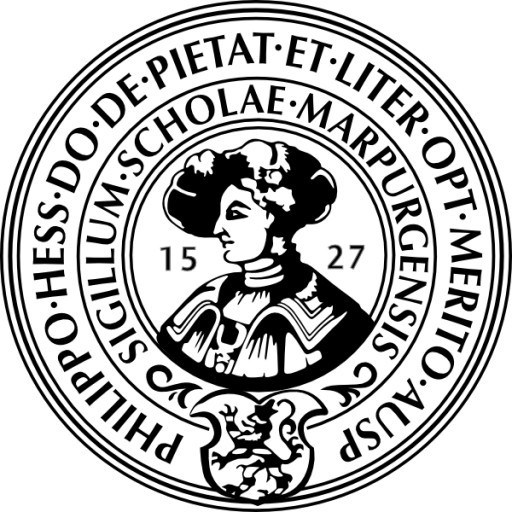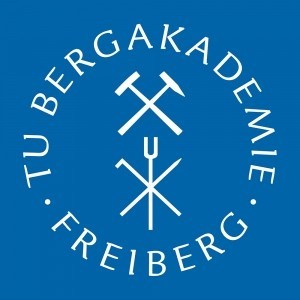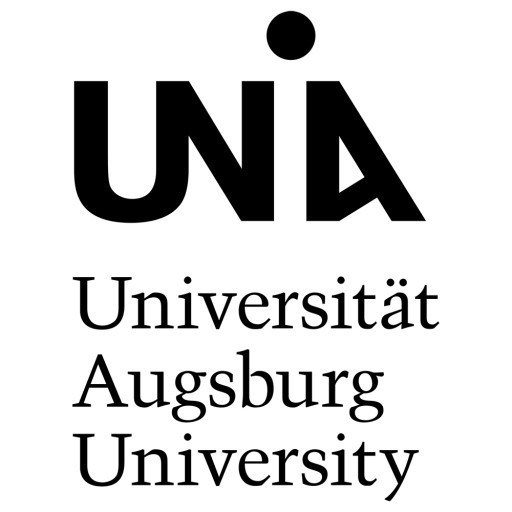The degree programme teaches important fundamental aspects of analytical chemistry, experimental physics, reaction dynamics and kinetics, spectroscopy, quantum chemistry, materials science, engineering design and materials testing.
As the degree programme EEIGM is supported by the Deutsch-Französische Hochschule DFH (German-French University), students receive financial support during their two-semester stay in the partner country.
(Graduates from the EEIGM Bachelor's degree programme are eligible to join the four-semester Franco-German EEIGM Master's programme in materials science. Students on the MSc programme spend the first semester studying at the École Européenne d'Ingénieurs en Génie des Matériaux, Université de Lorraine in Nancy, France, where they study in accordance with the local curriculum. They receive financial support during this semester from DFH. The following three semesters are spent at Saarland University. Admission to the MSc programme can be granted to graduates from the EEIGM BSc programme at Saarland University or to graduates from a relevant Bachelor's degree programme at the École Européenne d'Ingénieurs en Génie des Matériaux, Université de Lorraine.
For more information, see: http://www.uni-saarland.de/en/master/study-programmes/internat/eeigm/description.html
Educational organisation
The Bachelor's degree programme is split into two parts. Students complete the first phase (semesters one to four) at Saarland University. Students can choose between two possible fields of study: the first four semesters can be spent studying what is essentially the BSc programme in Materials Science and Materials Engineering, or the BSc programme in Chemistry.The second phase of the EEIGM Bachelor's programme (semesters five and six) takes place in Nancy at the École Européenne d'Ingénieurs en Génie des Matériaux (EEIGM). The structure and content of the courses taken are governed by the academic curricula at the École Européenne d'Ingénieurs en Génie des Matériaux (EEIGM). Students also complete their final-year research thesis while at Nancy.
Students must also complete two work experience internships: one basic practical training internship lasting at least six weeks and a more specialised work placement that lasts four weeks. It is recommended that students complete the basic practical training internship before beginning the academic study programme.
Study abroad unit(s)
Participants in the French-German programme spend the first four semesters in Saarbrücken and the following two semesters in Nancy, France.Internships
Six-week basic practical training internship and a more specialised four-week work placementForms of assessment
Exams, project work, thesis in the final yearCourse objectives
The course aims to:- provide students with a solid understanding of materials science, including their chosen fields of specialisation
- acquaint students with contemporary research issues in materials science
- prepare students for a Master's programme
- provide students with the skills needed to work internationally in an academic or industrial environment
Language requirements
German: In order to matriculate in Saarland, students need a DSH certificate.French: Students should have French skills at level B2 of the Common European Framework of Reference for Languages (CEFR) when they begin their studies in Nancy. However, this is not absolutely required, as intensive language courses take place there.







